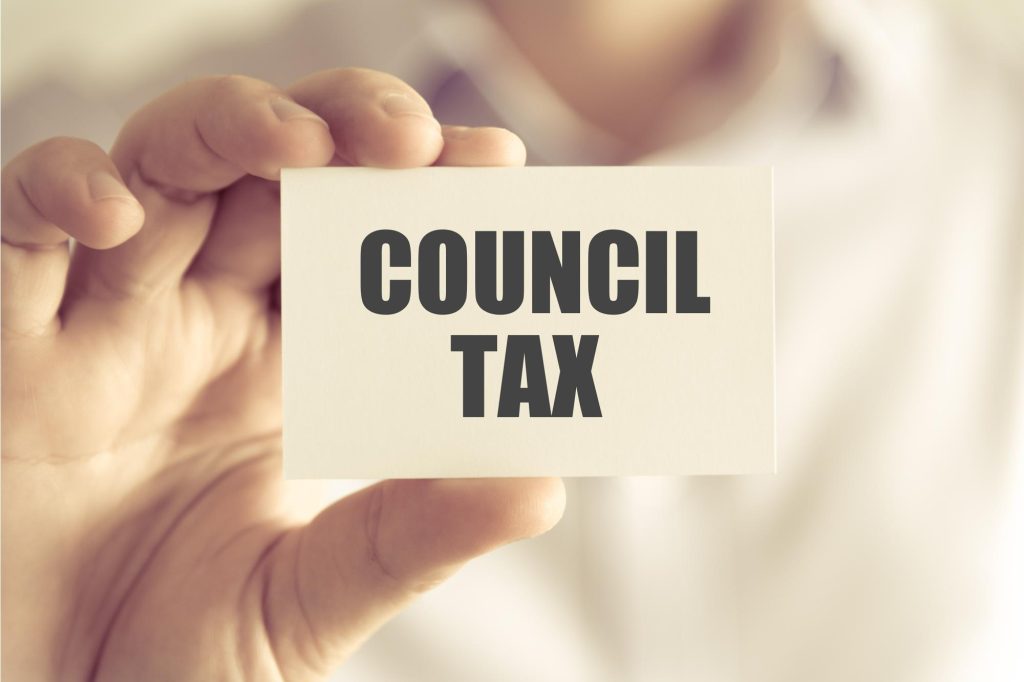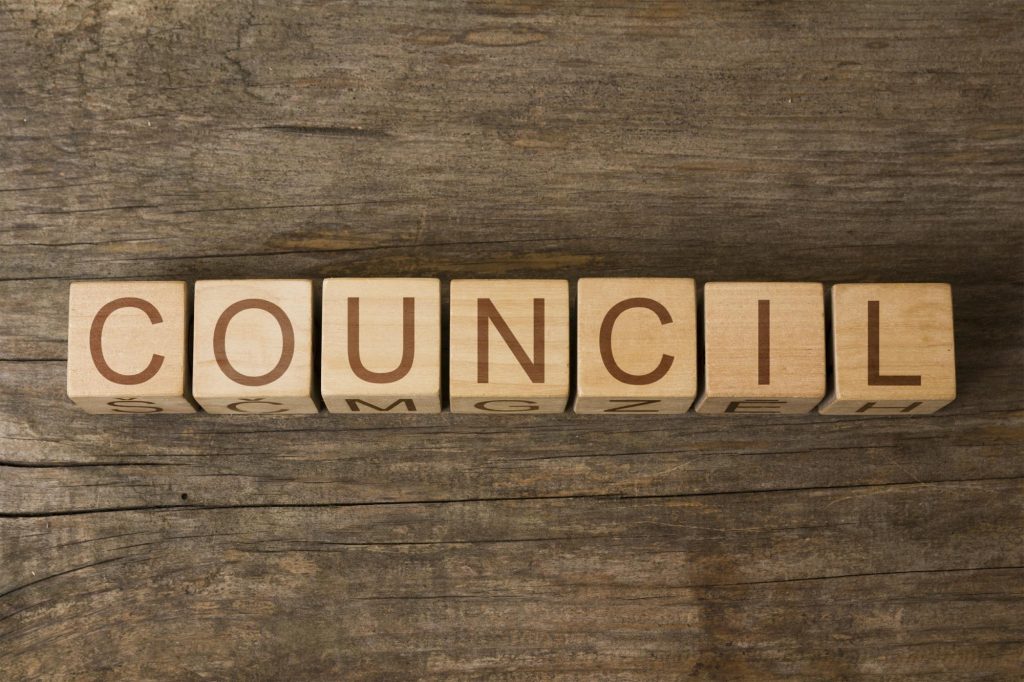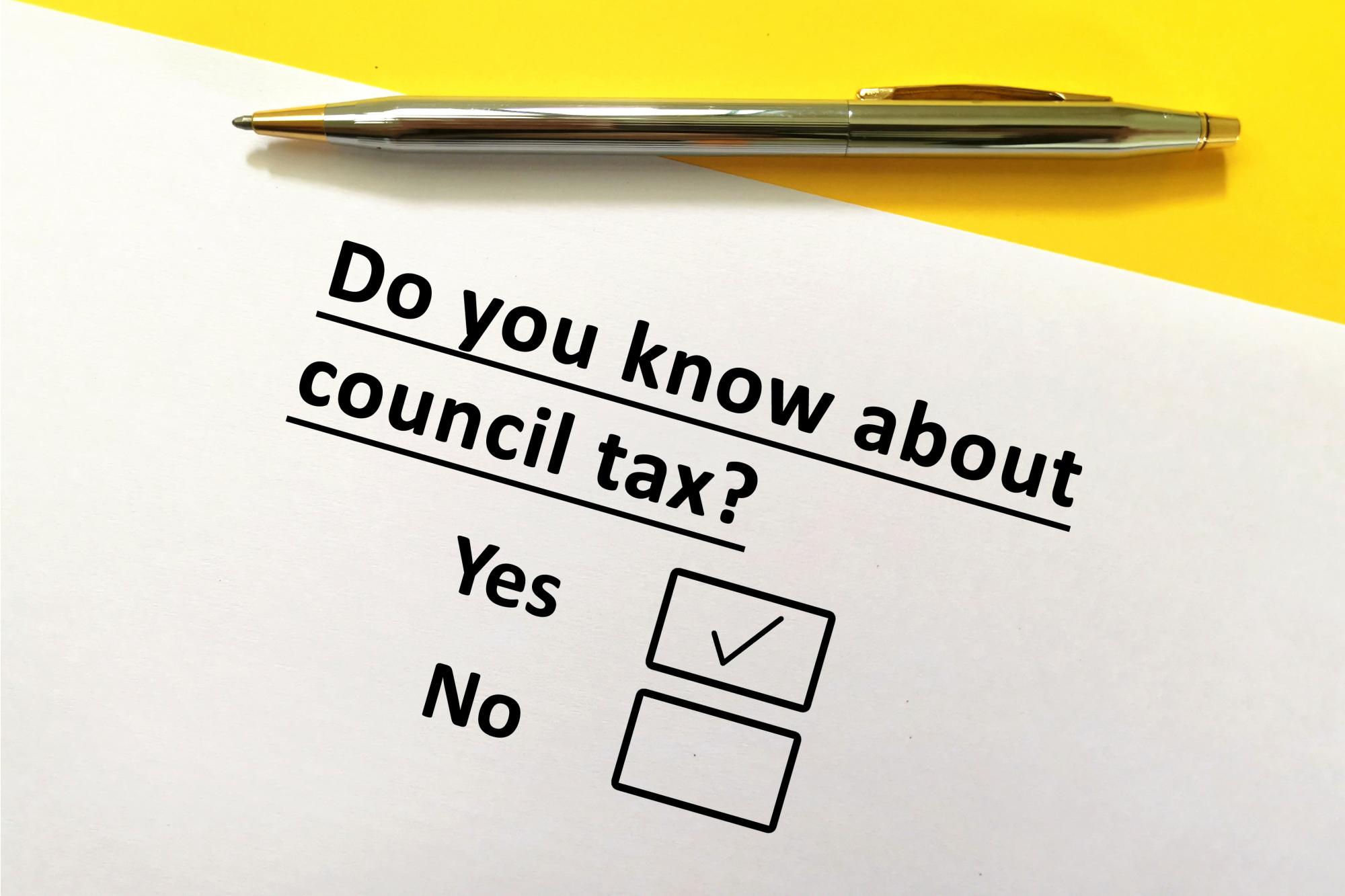Are you seeking some information about council tax when moving house?
Moving house is both exciting and stressful.
There are so many different tasks that need to be completed, meaning the process can sometimes become overwhelming.
We are here to alleviate some of this stress when it comes to council tax and change of address.
Be sure to read on for everything you need to know about council tax when moving house.

Explaining Council Tax?
Whilst we are sure you understand what council tax is as well as what it is for, it may be useful to clearly outline what it is.
Council tax is a tax placed on all residential properties.
Th money you pay as council tax is given to your local council as a contribution to various services.
These include:
- Schools in your area
- Bin collection
- Roads maintenance
- Upkeep of parks
- Street lighting
- Funding for local policing and fire services
Council tax was introduced in 1993, with the amount of tax paid by a household relating to the value of the property you live in.
Council tax when moving house is paid regardless of if you own the home or if you are renting.
Your local council can let you know the cost of council tax when moving house.
They can also inform you on how to set up your payments.
So it is imperative that you check your local council website for all of the costing information.
Inform the Authorities
Moving house is a hectic time and it is very easy for things to slip your mind.
This is certainly the case with council tax when moving house.
If you are moving within the same council area, they may end up contacting you about your move.
In this case, it is possible for there to be an overlap in the tax you owe.
This will often cost you more money.
You may also have a higher council tax fee thanks to back payments on money you already owed.
It is therefore very important to inform the council of your move well before your moving date.
There will likely be a change of address section on the website of your local council.
Here you are able to update all of your details including your moving date and new address.
By doing this before your move, you will be eliminating a sometimes costly task.
This should go some way to reducing the amount of money you end up paying in council tax when moving house.

Council Tax When Moving House
So, what can you expect to happen to your council tax when moving house?
Upon leaving your old address, the council should send you a final bill, often as a monthly payment.
It is often the case that you will be in credit for council tax at your old property.
This money can be requested as a refund or kept on for future payments.
You will then get an annual statement for council tax of your new address.
For those staying in in the same area, your current direct debit should remain in place.
This means your payments will continue as normal, with adjustments in price.
Those moving to a new area with a different council will need to set up a new direct debit.
If you have been on the property ladder it will be a familiar process to set up council tax when moving house.
However, there should be some helpful guides on your local council website and they should be happy to help if you call them.
Cancelling your existing council tax payments and setting up the new ones might seem tricky.
However, it should be easier than expected.
The whole process can be completed online, just check your local council website!
For those who do need assistance, head down to your local council office where you can get some help in person.




